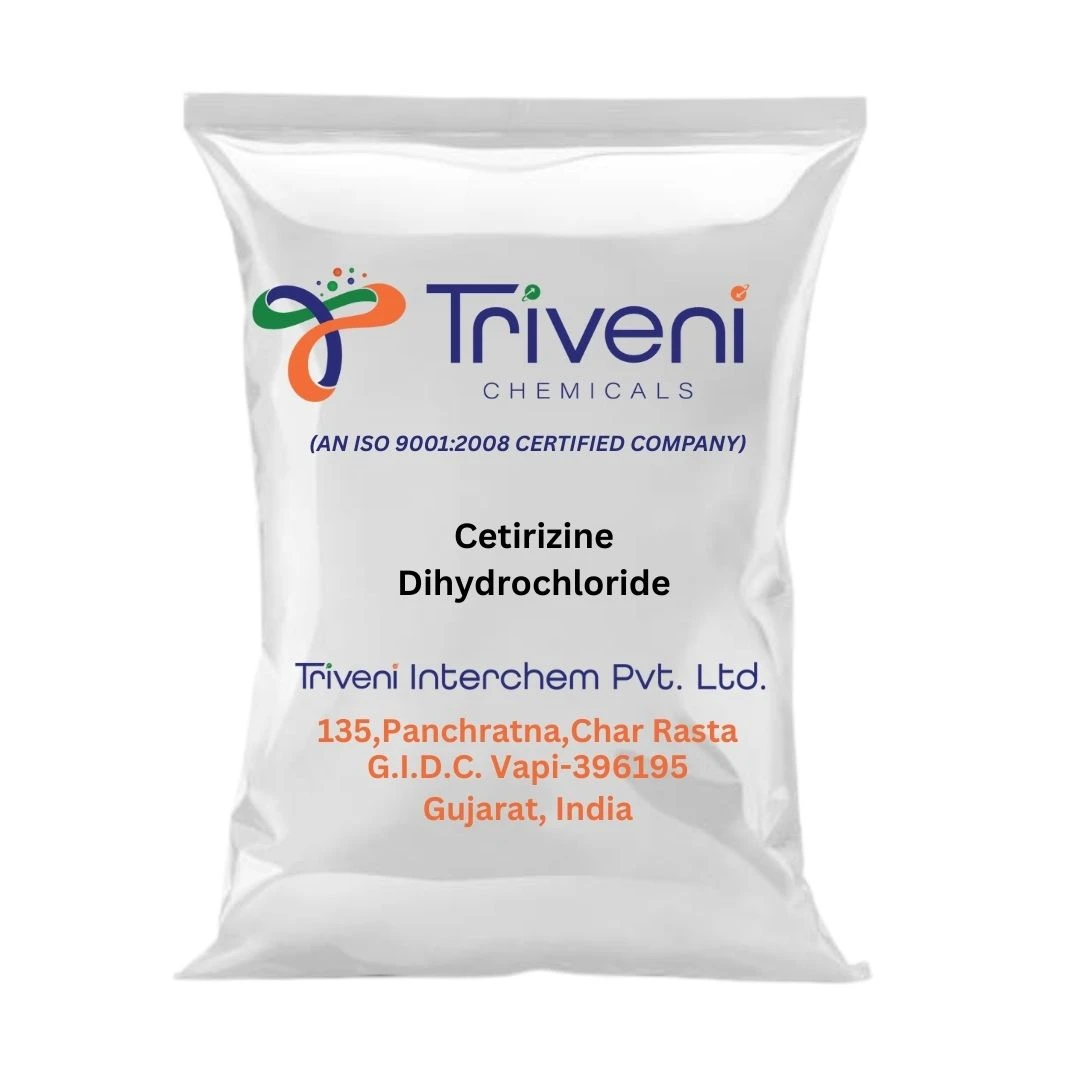Urticaria, another name for hives, is a common skin condition marked by raised, red, and itchy skin welts. These welts might come on abruptly, go away in a few hours, or linger for several days. They can also vary widely in size and shape. In addition to non-allergic causes including..
Urticaria, another name for hives, is a common skin condition marked by raised, red, and itchy skin welts. These welts might come on abruptly, go away in a few hours, or linger for several days. They can also vary widely in size and shape. In addition to non-allergic causes including stress, illnesses, or exposure to high temperatures, the illness is frequently brought on by an allergic reaction to certain foods, drugs, insect stings, or environmental stimuli. Wheals are elevated, pink or red patches of skin that usually have a crimson border around them. This is the classic sign of hives. These wheals can vary in size and shape, frequently shifting from minutes to hours, making them unpredictable and occasionally challenging to control. A condition known as angioedema, which is characterized by swelling of the lips, tongue, or throat in addition to itching, burning, or stinging sensations, can accompany severe cases of hives. This swelling can make breathing or swallowing difficult. Since it differs from person to person, pinpointing the precise origin of hives can be difficult. In reaction to an allergen, the body releases histamine and other chemicals, which causes inflammation and the recognizable rash that causes allergic hives. Common allergies include antibiotics, nonsteroidal anti-inflammatory drugs (NSAIDs), some blood pressure medications, and specific foods including milk, almonds, shellfish, eggs, and eggs. Allergy hives can also be brought on by latex, pollen, pet dander, and insect stings. Conversely, a multitude of causes can result in non-allergic hives, such as physical triggers like pressure or friction, exposure to cold or heat, autoimmune illnesses, and infections (viral or bacterial). Hives can occasionally be idiopathic, which means that there isn't a known cause. When treating hives, the usual approach is to steer clear of triggers and use medicine to reduce symptoms. Corticosteroids may be administered for more severe episodes of itching and irritation, but antihistamines are frequently used to lessen these symptoms. Injectable epinephrine may be required to stop potentially fatal consequences in situations of angioedema or severe allergic responses. Apart from pharmaceutical interventions, alterations in lifestyle, like practicing stress reduction methods and adhering to a nutritious diet, could potentially lessen the occurrence and intensity of urticaria episodes.



